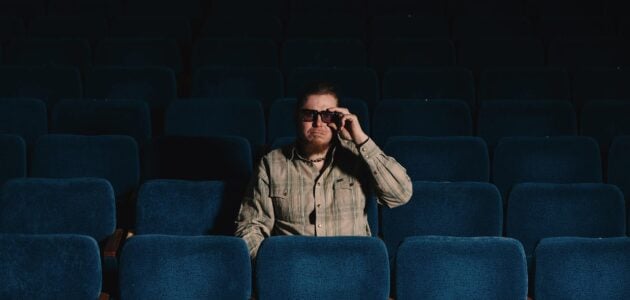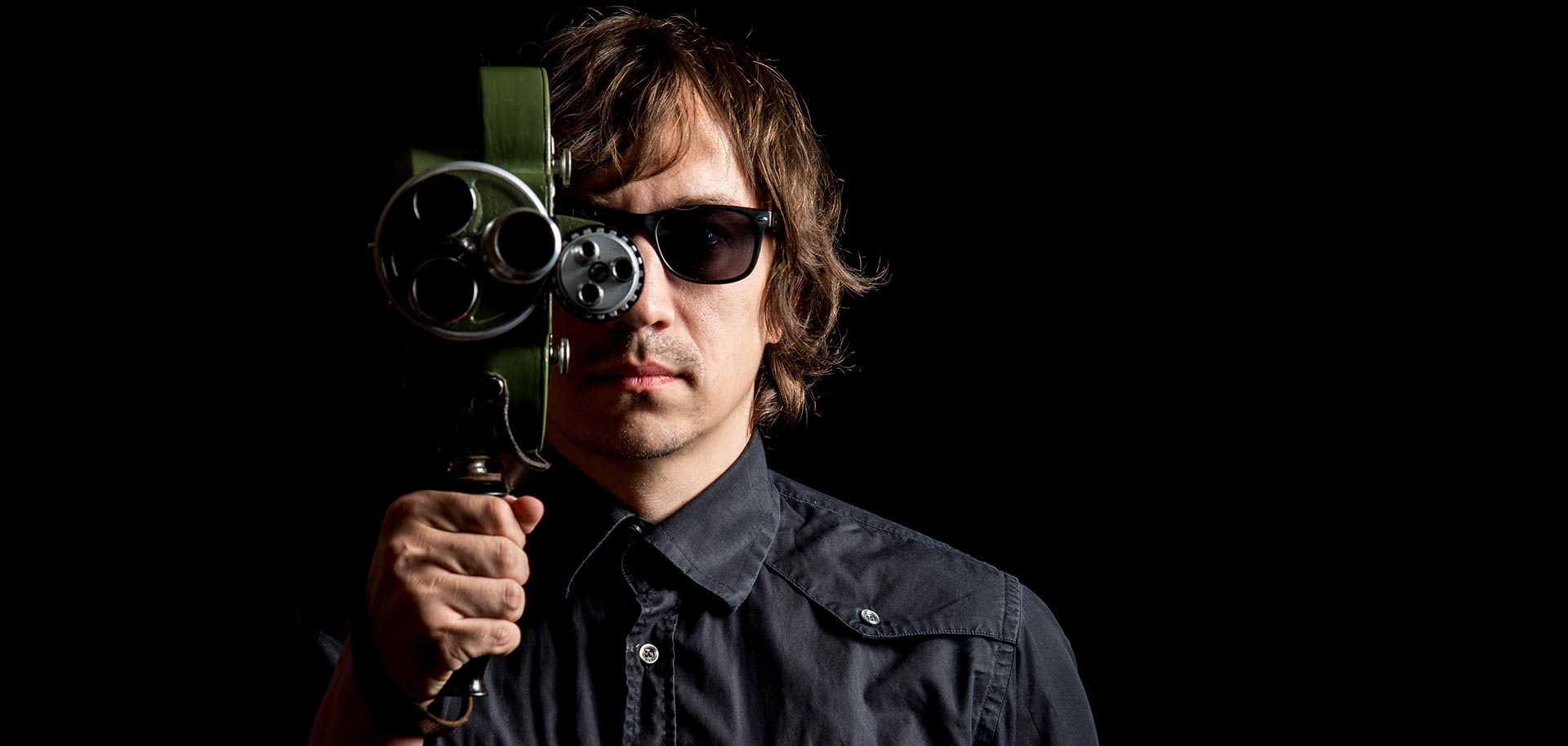
What are directors looking for in an audition?
Auditions. These will be your life as a professional actor. I talk at length about auditioning: How to prepare for an audition, how to deal with the post-audition blues, how to get more auditions and the list goes on and on. Today, however, we are sitting on the other side of the desk. We are looking from the director, casting director or acting teacher’s point of view.
No matter how much preparation you do, if you are making basic mistakes in your auditions you are not going to get the role, or the place at the drama school.
I want to preface this article with this: directors often have no idea what they are looking for, and they embrace this. They want to be surprised, shocked and “blown away”. Many go into the audition process with this mind frame. But you can’t go in with that attitude.
Whatever you may or may not learn from this article, be sure to always follow your instincts. There are no right answers, but these are simply some ideas I’ve learnt from countless auditions on both sides of the desk.
What do directors want to see?
Preparation
Show the director you are well prepared.
I ramble on about preparation, but it’s because preparation leads to comfort, which leads to better acting. When you are prepared, your acting has a sense of play.
The more prepared you are the more flexible you can be in an audition. It also works on a subconscious level and shows the director that you know how to WORK. It shows that you will be an asset to the production. If in your first audition you clearly haven’t learnt your lines, or read the script, then how are they going to trust you on the TVC, film, or TV show.
Moments
An audition is a first step. Usually there are call backs, and then call backs and then call backs. That means they are going to see a fair bit of your work. In an early audition it isn’t about showing a finished product, but the start of something, a spark of a character. It’s about showing something that excites, which could simply be a moment.
You can’t plan these moments, but I say this so that you don’t push to be perfect. Perfect leads to mechanical acting which is the opposite of what you want.
Choices
Directors want to see actors who make choices. By that I mean making a bold or decisive decisions on how to play a character, or a particular scene or monologue. Follow your instincts here and as long as you are prepared, feel confident in your decisions.
Always base your decisions of the script on the character’s want, not something you simply plaster on afterwards. By choices I don’t mean adding a limp for no reason, I mean having strong opinions on how your character feels about the scene.
Opinions
Directors want actors who have opinions. Opinions on the script, opinions on acting, opinions on how to play the role. Make sure you’ve always read the play and done some research so that you can chat about it, if the director or casting director goes there.
They love to see actors who have opinions, even if they differ from their own.
Your ability to take direction
This is possibly the most important factor, especially for drama school auditions. They want to see how well you can take direction. Whatever you have prepared for the audition, be willing to throw it out at any moment. If they want you to do it in a completely different way, just do it!
It’s not because you have done something wrong, it’s simply a way of them seeing how good you are at being directed, which is a vital skill for actors.
Prepare your piece in different ways and don’t get stuck in vocal patterns.
Read more: How to Take Direction
Someone who they can work with
Aside from your acting, it’s important to be a genuine person. Directors want actors they can work well with. This is particularly important if you are auditioning for drama school. They need to know you are someone who can work in an ensemble. You will be working with the teachers for 3 or 4 years and if you could across difficult, you will not get the place.
This doesn’t mean you have to be a people pleaser, but you don’t be difficult! You know the drill.
Conclusion
Remember that you are sharing your work with a director, you are not trying to impress them. We all want the role, but going into an audition with that attitude will reek of desperation. Be open and collaborative and most of all trust yourself and your instincts.


Thanks very much for this job well done